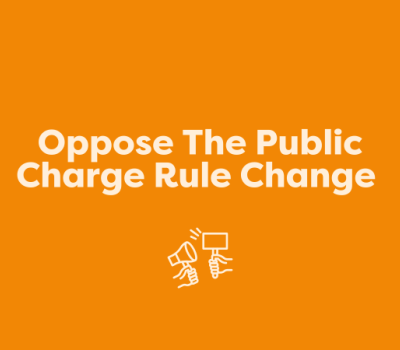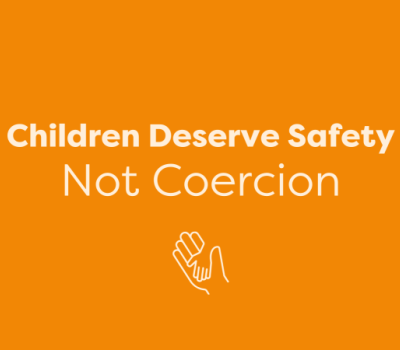The Impact of Declining Vaccination Rates for Children Entering School in Utah
The Community Vaccine Forum
The decline of vaccinations among children in Utah entering kindergarten has been an alarming concern to leaders across the state. Voices is grateful for the leadership of the Utah Citizens' Counsel in cooperation with Promise Partnership Utah to establish a community study forum over the past year. Since the study forum was established, several partners joined the discussion, including the Utah Medical Association, the Utah Department of Health and Human Services, and the Utah Chapter of the American Academy of Pediatrics.
Objectives of the Community Forum:
- Encourage responsible and informed discussions about vaccines for children.
- Evaluate whether declining vaccination rates represent a genuine public health concern.
- Generate credible, accurate, and trustworthy information on the benefits and risks of vaccines for children.
Summary of Findings
- Childhood infectious diseases historically exacted an enormous toll in sickness and death. In the 1900s alone, millions of children were infected, and thousands died or were left disabled. The devastation caused by preventable diseases was an ordeal for those who observed and experienced it.
- The development and introduction of vaccines was considered a miracle, preventing millions of illnesses, deaths, and lifelong disabilities while saving billions of dollars in healthcare costs. Vaccines contributed to increasing life expectancy at birth in the United States from 47.5 years in 1900 to 77.5 years in 2022. Much of the success in achieving a highly vaccinated population can be attributed to the elevated vaccination rates among young children, resulting from the school immunization laws.
- Adequate vaccination rates for children entering kindergarten in Utah have significantly declined from approximately 98% in the 2009-2010 school year to 89% in the 2023-2024 school year. Six out of ten Utah schools are below the CDC measles target of 95% for adequate community protection. Four out of ten are below 90% and are likely to experience an outbreak if an infected child enters the school.
- High vaccination rates are essential for community-wide protection against the spread of childhood infectious diseases. The more rates decline, the greater the risk. Almost all infected individuals in recent measles outbreaks in the United States were not vaccinated. A measles outbreak in Utah would be catastrophic for the healthcare system.
- Declining community protection is a significant concern for individuals who cannot be vaccinated because they are too young, elderly, are pregnant, or have compromised immune systems due to conditions such as cancer.
- There are risks associated with almost all medical interventions, but while mandated vaccines for school aged children are among the safest, parents have indicated that the main reason for not vaccinating their children is concern about the safety of vaccines.
- Childhood vaccines have undergone extensive clinical trials for effectiveness and safety before being approved for public use. Childhood vaccines are among the most studied of all medications and have proven consistently over time to be safe. The benefits of vaccines significantly outweigh the risks and are comparable to or even lower than the risks associated with other commonly used medications, such as antibiotics.
- The politicization of the COVID-19 pandemic led to a surge of misinformation and disinformation surrounding vaccines that have affected public attitudes about vaccine safety. Misinformation about the potential long-term effectiveness of childhood vaccines is not supported by credible research or has been discredited. Vaccines do not cause autism or other chronic diseases.
Protect Our Kids
Childhood vaccinations have played an important role in preventing illnesses, preventing lifelong disabilities, and increasing life expectancy. Unfortunately, Utah has seen a decline in vaccination rates over the past decade. Kindergarten vaccination rates have sharply declined from 98% in 2009-2010 to 89% in 2023-2024. As rates decline, our community-wide protection is at risk in our state. Voices envisions a Utah where all children have access to live their healthiest lives and thrive. We are eager for the work ahead to ensure families can have informed discussions on vaccines and understand what declining vaccination rates could mean for public health.
As vaccine hesitancy has increased, we hope this forum and efforts can generate trustworthy information about the benefits and risks of vaccines for children and fruitful discussions about our collective health. Though these declining rates are concerning, we remain committed to ensuring Utah is a place where all children are protected and can truly thrive.
Click here to read the full report












